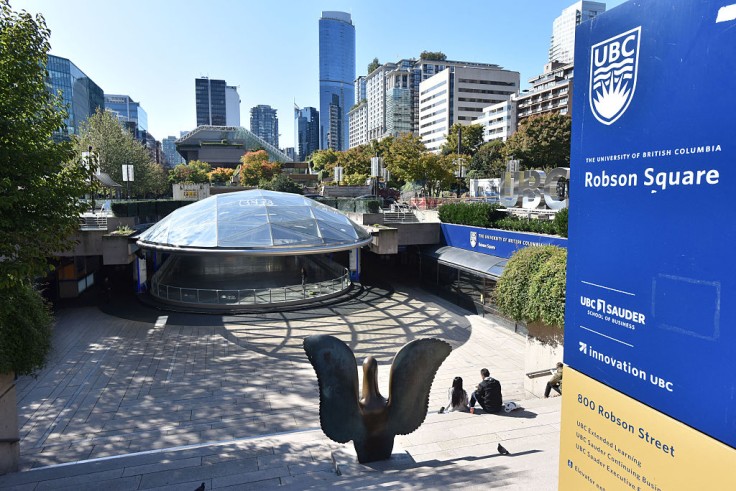Canadian Universities Experience Surge in U.S. Applicants Amid Trump Administration Policies
By
In recent months, Canadian universities have reported a notable rise in applications from U.S.-based students. The University of British Columbia (UBC) in Vancouver, for instance, experienced a 27% year-over-year increase in graduate applications from U.S. citizens by March 2025. Similarly, the University of Toronto and the University of Waterloo have observed heightened U.S.-based web traffic and campus visits. This surge is largely attributed to the Trump administration's revocation of foreign student visas, increased surveillance of international students' social media, and the freezing of federal funding to universities accused of failing to address campus antisemitism.
These measures have raised concerns about free speech and academic freedom within the U.S., prompting students to consider alternative educational environments. In response to the growing demand, UBC briefly reopened graduate admissions for U.S. students, aiming to fast-track applications. However, Canadian universities face their own challenges, including a national cap on international student admissions, necessitating institutions to limit intake based on available resources.
Despite modest growth in undergraduate applications, Canadian universities are becoming increasingly attractive alternatives for prospective U.S. graduate students amid tightening U.S. immigration and education policies. The combination of Canada's welcoming stance and the current U.S. political climate appears to be influencing students' decisions to pursue higher education north of the border.
© 2025 University Herald, All rights reserved. Do not reproduce without permission.








